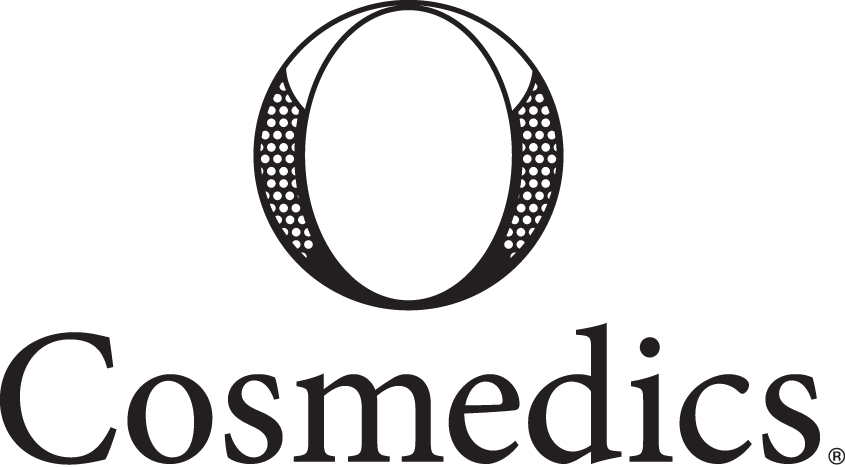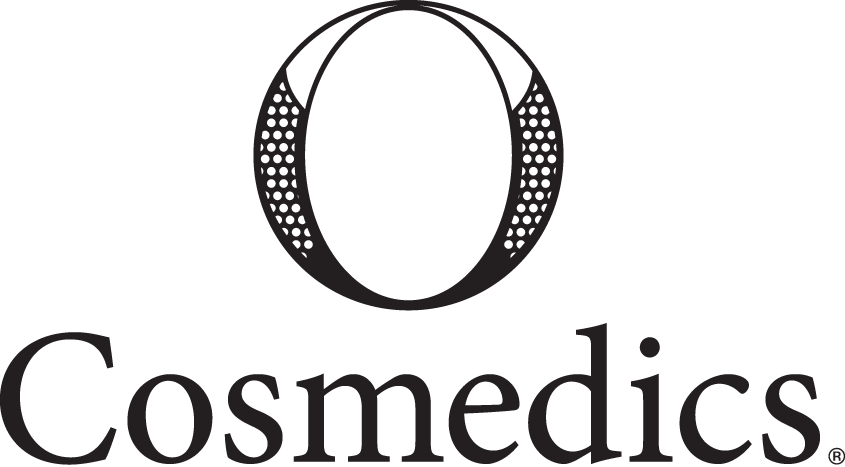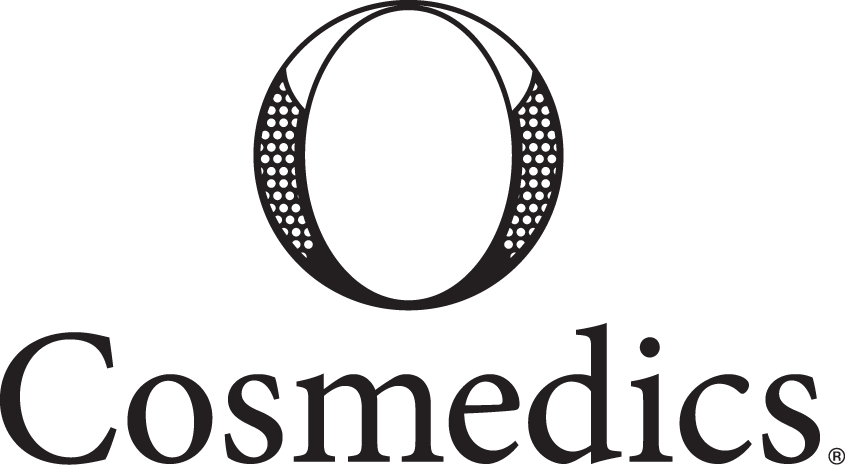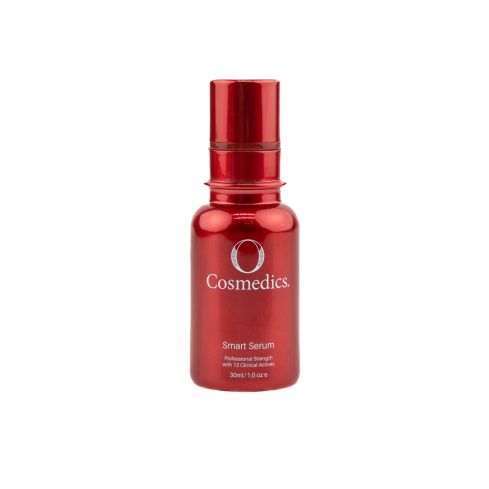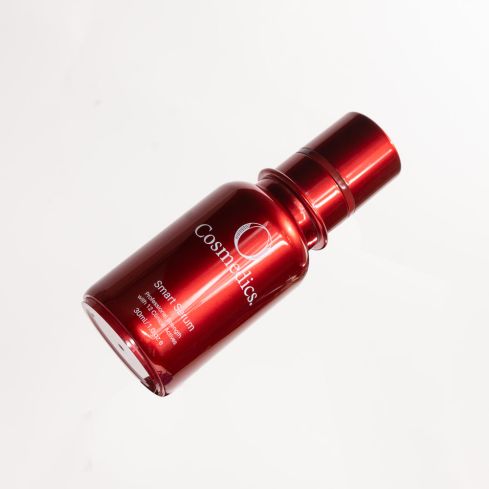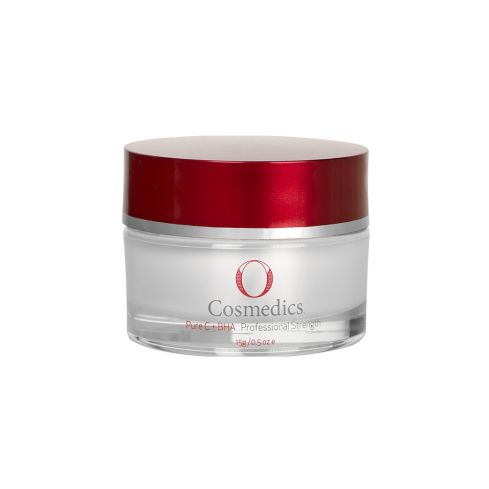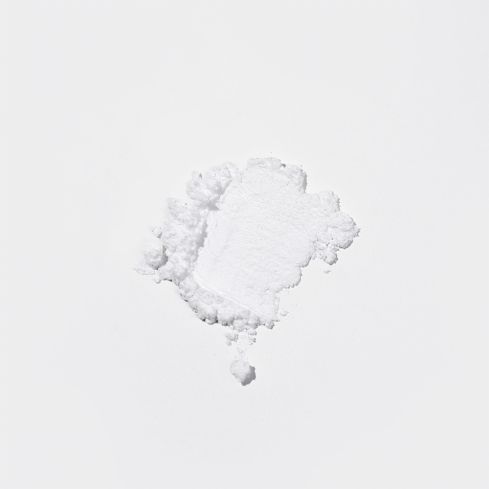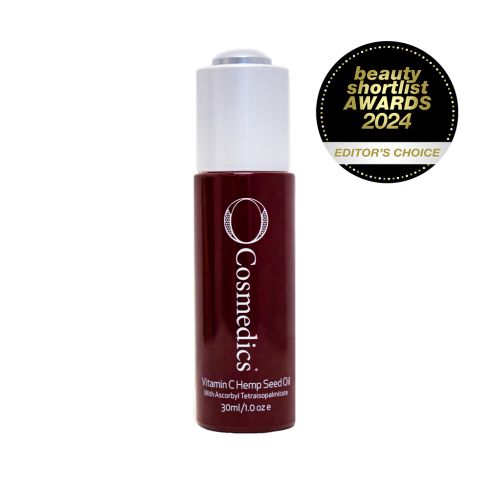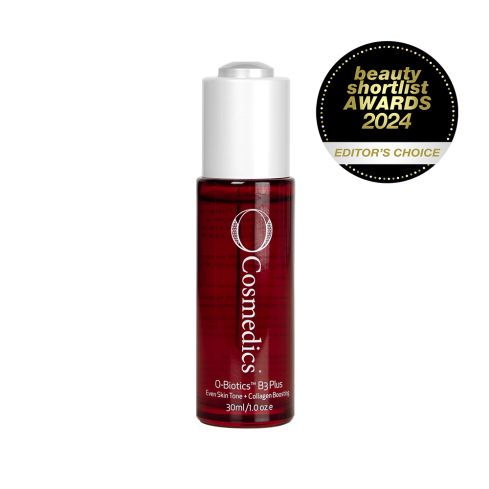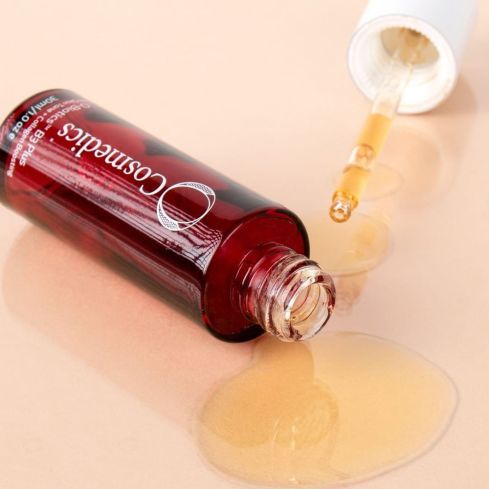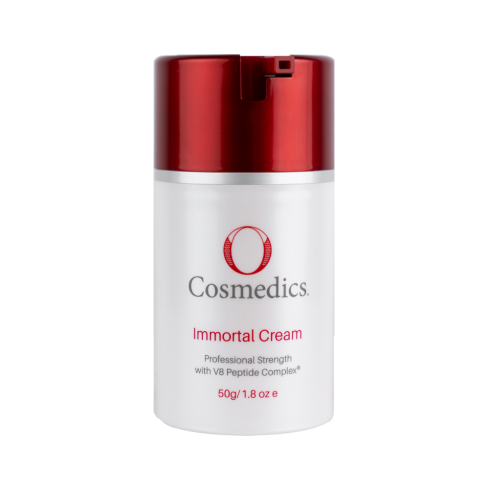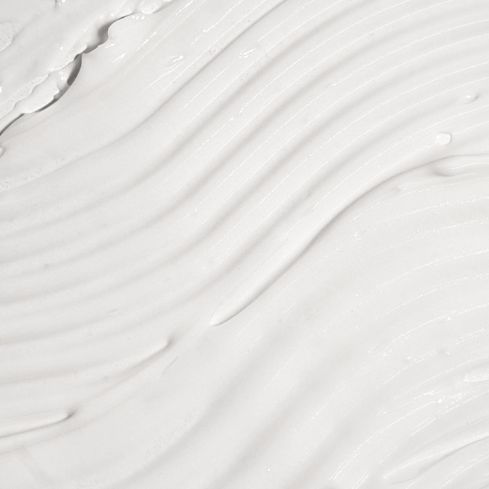
Vitamin C
At O Cosmedics, we refer to Vitamin C as the skin’s breakfast cereal – that’s how important it is! So, what’s the difference between O’s fan-favourites: Pure C + BHA and Vitamin C Hemp Seed Oil? In short, Vitamin C Hemp Seed Oil and Pure C BHA offer two different forms of Vitamin C for different skins. Vitamin C Hemp Seed Oil uses ATC (Ascorbyl Tetraisopalmitate) Vitamin C, which is the only oil-soluble form of Vitamin C, meaning it’s absorbed well and slowly by the skin’s oil protective layer making for less irritation. This gentle approach makes it perfect for ALL skins including sensitive, dehydrated and those looking for age prevention/management. The added Hemp provides bonus high barrier protection and repair, hydration, soothes inflammation and is anti-bacterial which helps with acne. Pure C + BHA is the original in Vitamin C big-guns using pure L-Ascorbic Acid – the most commonly used form of Vitamin C. Being that it packs a punch it’s not as suitable for all skins (especially sensitised ones), but it’s combination of BHA adds an exfoliating and renewing function which is brilliant for clogged, congested, thickened, and aged skins.
Learn how to VitaminC your way to glowing skin.FAQ
Vitamin C in skincare is commonly known as ascorbic acid and is an essential non-negotiable vitamin that plays a crucial role in skin health and protection, including collagen synthesis, antioxidant protection and pigment lightening. When applied topically, skin care products with various forms of Vitamin C offer numerous benefits for the skin.
Various forms of Vitamin C are used in skincare formulations to enhance stability, results and compatibility. Some common forms of Vitamin C in skincare include:
• L-Ascorbic Acid - This is the purest form of vitamin C found in our Pure C + BHA and Immortal Cream and is the most biologically active. It is known for its antioxidant and pigment blocking properties as well as its ability to stimulate collagen production.
• Sodium Ascorbyl Phosphate (SAP) – A highly stable, gentle and active water soluble form of Vitamin C found in our Smart Serum and B3 Plus. it is less likely to cause irritation and is often used in products targeting acne-prone or sensitive skin.
• Ascorbyl Tetraisopalmitate - An oil-soluble form of Vitamin C ideal for those for dry, dehydrated and sensitive skins wanting the benefits of Vitamin C within a lipid base to provide nourishment as well as protection. Found in our Vitamin C Hemp Seed Oil, it works to help strengthen capillary walls, even out skin tone and give radiance.
Vitamin C provides several benefits to the skin when incorporated into skincare routines. Here are some of the key advantages:
• Antioxidant Protection - Vitamin C is a potent antioxidant that helps neutralise free radicals, which are unstable molecules generated by environmental stressors like UV radiation and pollution. By reducing oxidative stress, Vitamin C skin care contributes to the prevention of premature aging and protects the skin from damage.
• Collagen Synthesis - Vitamin C is crucial for the synthesis of collagen, a structural protein that provides strength and elasticity to the skin. Collagen production tends to decline with age, and Vitamin C skin care products helps support the formation of new collagen fibres, promoting skin firmness and reducing the appearance of fine lines and wrinkles.
• Brightening and Even Skin Tone – Skin care products with Vitamin C offer skin-brightening properties that can help fade dark spots, hyperpigmentation, and uneven skin tone. It inhibits melanin production, the pigment responsible for skin colour, leading to a more radiant complexion.
• Sun Damage Protection - While not a substitute for sunscreen, Vitamin C skin care can provide an additional layer of protection against the harmful effects of UV radiation. It helps minimise oxidative damage caused by sun exposure and contributes to the repair of UV-induced skin damage.
• Hydration and Moisture Retention - Vitamin C supports the skin's natural moisture barrier, helping it retain hydration. This is beneficial for maintaining optimal skin health and preventing dryness.
• Anti-Inflammatory Properties - Vitamin C skin care products contain anti-inflammatory properties, making it effective for calming redness and irritation in the skin. It can be beneficial for individuals with sensitive or reactive skin.
• Wound Healing - Vitamin C skin care plays a role in wound healing and skin repair. It promotes the formation of new connective tissue and supports the healing process of cuts, wounds, and scars.
Skin care products with Vitamin C can benefit a wide range of individuals and skin types due to their versatile properties and multiple skin benefits. It is generally well-tolerated by all skin types, especially for skins concerned with sun damage, fine lines and wrinkles and acne. Due to its brightening nature, Vitamin C skin care is also suitable for those dealing with hyperpigmentation, uneven skin tone and dull skin. It is one of the three non-negotiables vitamins required for skin health.
To introduce new Vitamin C skin care products into your skincare regime, start with a lower concentration and gradually increase as your skin builds tolerance. Perform a patch test before introducing new skin care to your routine to ensure that your skin tolerates it well.
For personalised guidance on incorporating Vitamin C skin care into your routine, visit your nearest O skin clinic or start a live chat on our website with an O Skin Expert.
Vitamin C generally pairs well with many other skin care actives, allowing you to create a comprehensive and effective skincare routine. However, some considerations should be kept in mind to ensure optimal compatibility and avoid potential irritations. Here are some common skincare actives that can be used alongside vitamin C skin care:
• Hyaluronic Acid - Hyaluronic acid is hydrating and helps retain moisture in the skin. Apply hyaluronic acid before Vitamin C skin care products to provide a hydrating base.
• Retinoids (Retinol, Retin-A) - Retinoids promote cell turnover, reduce the appearance of fine lines, and enhance overall skin texture. You can use vitamin C and retinoids on separate nights or apply them at different times of the day. To maximise results it is recommended to use Vitamin C skin care in the morning and retinoids in the evening.
• Niacinamide (Vitamin B3) - Niacinamide has anti-inflammatory properties, helps maintain the skin barrier, and addresses concerns like enlarged pores and uneven skin tone. Niacinamide and vitamin C can be used together. Some concerns about potential interactions have been discussed, but many formulations with both ingredients exist, and research suggests they can be compatible.
• Alpha Hydroxy Acids (AHAs) - AHAs like glycolic acid and lactic acid exfoliate the skin's surface, promoting a smoother texture. AHAs are best used in the evening with skin care products with Vitamin C being best used in the morning.
• Beta Hydroxy Acids (BHAs) - BHAs, like salicylic acid, are effective for treating acne and unclogging pores. BHAs are best used in the evening with skin care products with Vitamin C being best used in the morning. Unless the formulation has both BHA and Vitamin C, then this would be best used in the morning.
Yes, skin care products with Vitamin C are generally considered safe for use by pregnant and breastfeeding women.
